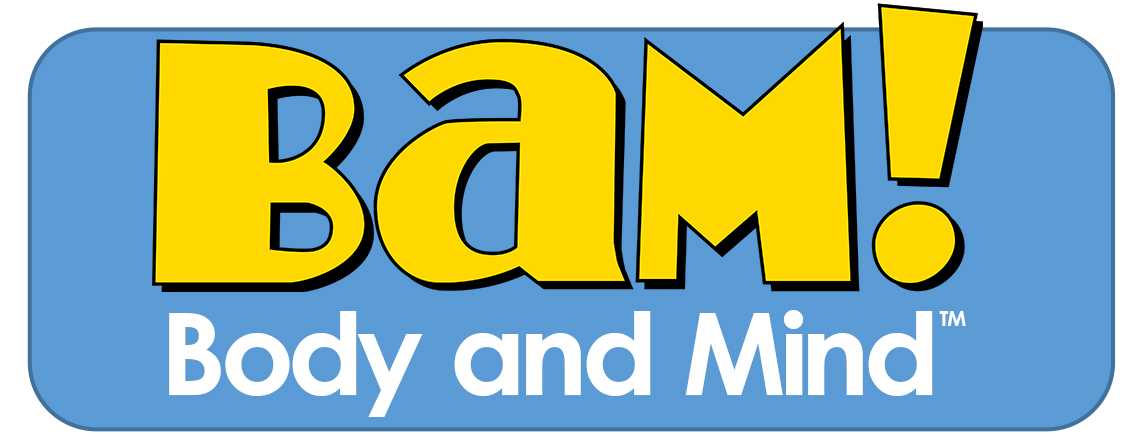School Meals
 What Are School Meal Programs?
What Are School Meal Programs?
Many schools provide students with access to meals through federal school meal programs including the National School Lunch Program and the School Breakfast Program. These programs are administered by the United States Department of Agriculture and state agencies by reimbursing schools for providing healthy meals to students.
Who Can Participate in School Meal Programs?
All students can participate in school meal programs, and some students are eligible to receive free or reduced-price meals.
 Benefits of School Meals
Benefits of School Meals
Research shows that students who participate in the school meal programs consume more milk, fruits, and vegetables during meal times and have better intake of certain nutrients, such as calcium and fiber, than nonparticipants.1,2 And, eating breakfast at school is associated with better attendance rates, fewer missed school days, and better test scores.3–6 Meals served through these programs must meet specific nutrition requirements [PDF – 6.4MB]. These requirements were revised in 2012 to include more fruits, vegetables, whole grains, and decrease the amount of sodium and trans fat.
Schools can encourage students to participate in the school meal programs by
- Providing meals that are nutritious and appealing
- Obtaining input from students and parents about items they would like to see served in the meals
- Ensuring that students have adequate time to eat their meal (i.e., at least 10 minutes for breakfast and 20 minutes for lunch)
- Preventing the overt identification of students who are eligible to receive free or reduced-price meals
Key Resources
- USDA School Meals resources
- Smarter Lunchrooms Movement
- Institute of Child Nutrition tools and trainings
- Alliance for a Healthier Generation resources for school meals
- School Food FOCUS tool kits and guidance materials
- Food Research and Action Center
- CDC School Health Guidelines to Promote Healthy Eating and Physical Activity
- USDA HHFKA Implementation Research Brief Series
References
- Condon EM, Crepinsek MK, Fox MK. School Meals: Types of Foods Offered To and Consumed by Children at Lunch and Breakfast. J Am Diet Assoc 2009; 109(suppl):S67–78.
- Clark MA, Fox MK. Nutritional Quality of the Diets of US Public School Children and the Role of the School Meal Programs. J Am Diet Assoc 2009; 109(Suppl):S44–56.
- Murphy JM, Pagano MR, Nachmani J, Sperling P, Kane S, Kleinman RR. The Relationship of School Breakfast to Psychosocial and Academic Functioning. Arch Pediatr Adolesc Med 1998;152:899–107.
- Murphy JM, Pagano M, Bishop SJ. Impact of a Universally-free, In-classroom School Breakfast Program on Achievement: Result from the Abell Foundation’s Baltimore Breakfast Challenge Program. Boston, MA: Massachusetts General Hospital; 2001.
- Murphy JM, Drake JE, Weineke KM. Academics and Breakfast Connection Pilot: Final report on New York’s Classroom Breakfast Project. Albany, NY: Nutrition Consortium of New York; 2005.
- Myers A, Sampson A, Weitzman M, Rogers B, Kayne H. School Breakfast Program and School Performance. Am J Dis Child 1989; 143:1234–9.
- Page last reviewed: May 16, 2017
- Page last updated: May 16, 2017
- Content source:



 ShareCompartir
ShareCompartir